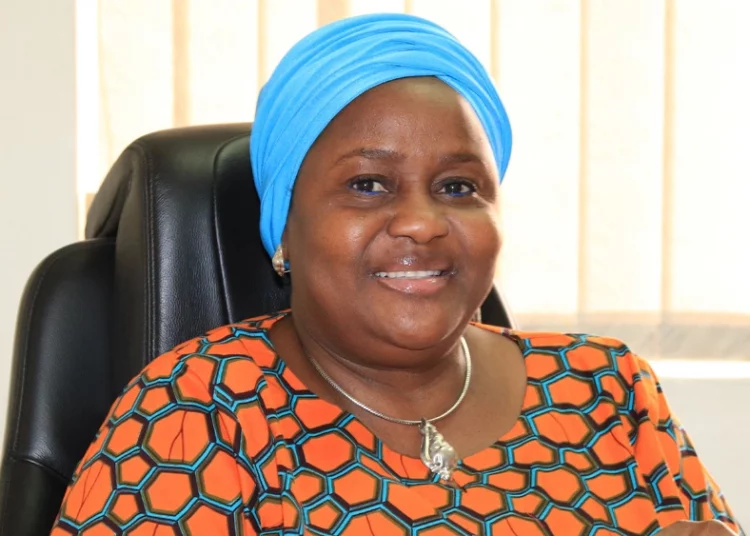The total contributions under the Micro Pension Plan(MPP) has risen to N296.96 million as as at July 31, 2022, about three years after its launch.
In her remarks at a one day workshop for journalists themed ‘Increasing Informal Sector Participation in the Contributory Pension Scheme (CPS): The case for Micro Pension Plan,’ in Lagos at the weekend, the director general of PenCom, Aisha Dahir-Umar re-affirmed the commission’s commitment to creating awareness and holding social dialogue on the workings of the Contributory Pension Scheme(CPS).
Dahir-Umar, who was represented by the head of Corporate Communications, Abdulqadir Dahiru, noted that, srategic efforts to drive the micro pension plan remain one of the significant areas of focus of the commission.
“The MPP was conceptualised to expand pension coverage to the informal sector, including small-scale businesses, entertainers, professionals, petty traders, artisans, and entrepreneurs. The MPP was implemented to curb old-age poverty by assisting the workers, as mentioned above, to contribute while working and build long-term savings to fall back on when they become old,” she stressed.
Asides this, she said, PenCom had increased the Minimum Regulatory Capital requirements of Pension Fund Administrators (PFAs) from N1 billion to N5 billion last year.
“The recapitalisation exercise had a 12-month transition from April 27 2021, to April 27 2022. As of the deadline, all Pension Fund Administrators (PFAs) have complied with the Commission’s directive to increase the Minimum Regulatory Capital from N1 billion to N5 billion. The reason for the recapitalization exercise was to ramp up the capacity of the Pension Fund Administrators to manage the increasing number of registered contributors and the value of assets,” she pointed out.
Meanwhile, the head, Micro Pensions Department at PenCom, Dauda Ahmed, noted that, MPP which was launched in 2019, has seen a total contribution of N296,957,10107.11. He added that, as at July 31, 2022, total registration was 81,674 while total contingent withdrawals stood at N22.364 million .
Also conversion from informal to formal sector stood at N4.934 million under 430 Retirements Savings Accounts(RSAs).
He, however, said the MPP is being challenged by insufficient awareness of MPP by informal sector workers.
He also noted that lack of adequate incentives to encourage participation is a setback for the MPP in the country.
Asides these, he said: “different competing products in the market with more flexibility towards access to funds, such as thrift savings/daily collections as well as negative perception/trust deficit stemming from the experience of Nigerians on pension administration under the defunct defined benefit scheme” are challenges being faced in the implementation of the MPP.
Ahmed also noted that the impact of the Covid-19 and the slowdown in economic activities had been a drawback on the implementation, adding that, non-adoption of shared services arrangements, which results in high infrastructure setup cost for Pension Fund Admininstrators(PFAs) to drive MPP nationally, has also been a challenge.





